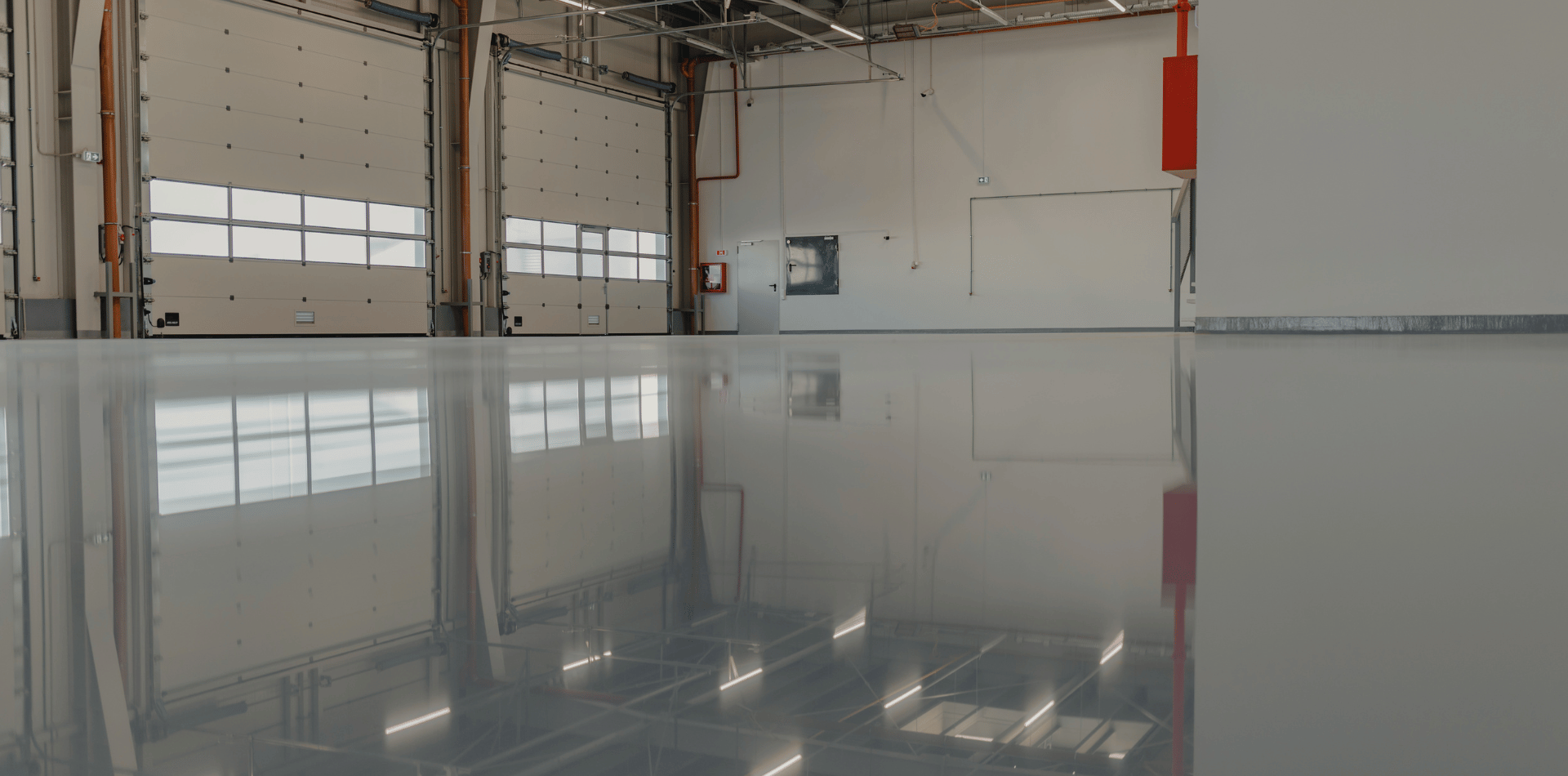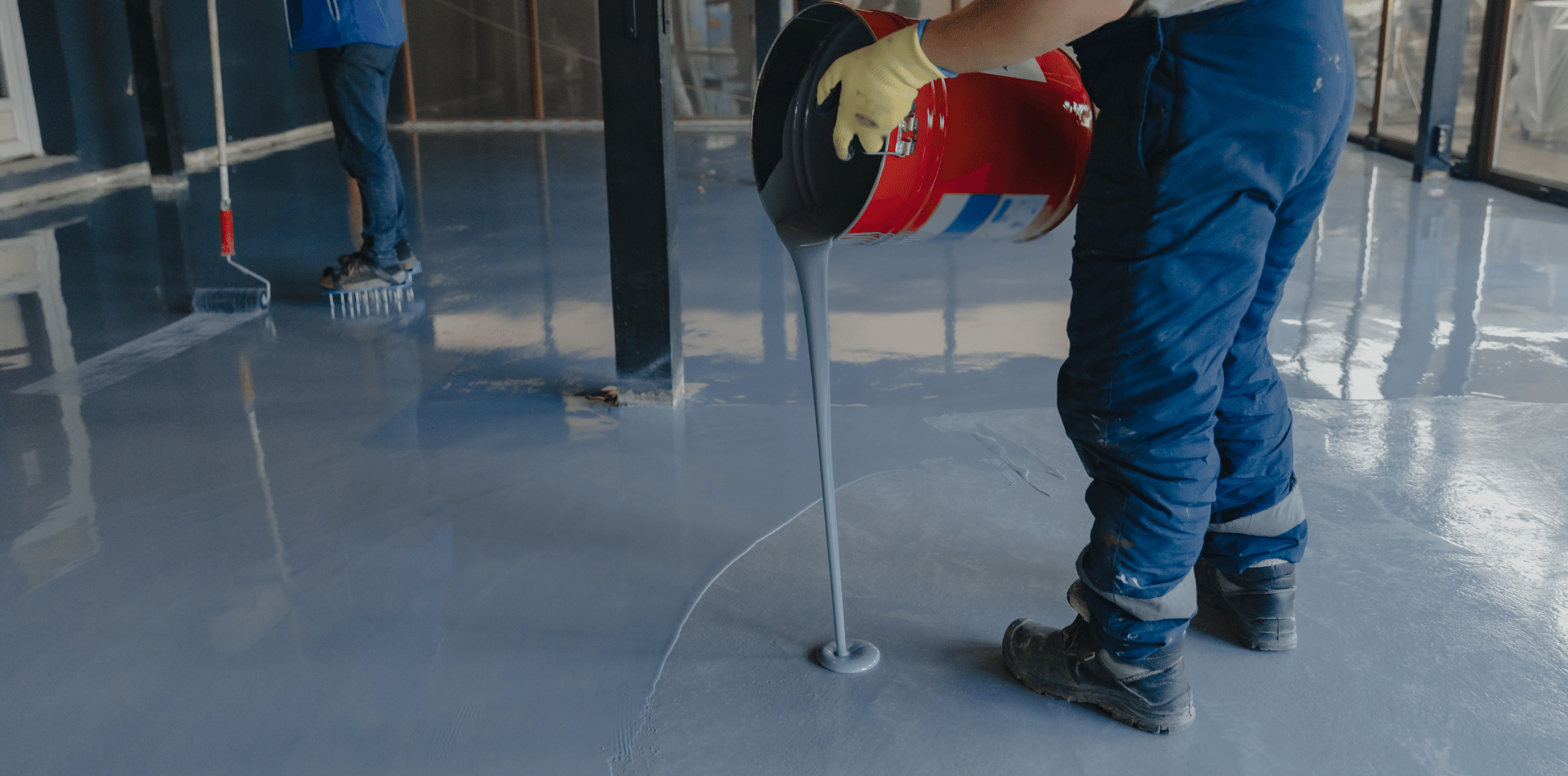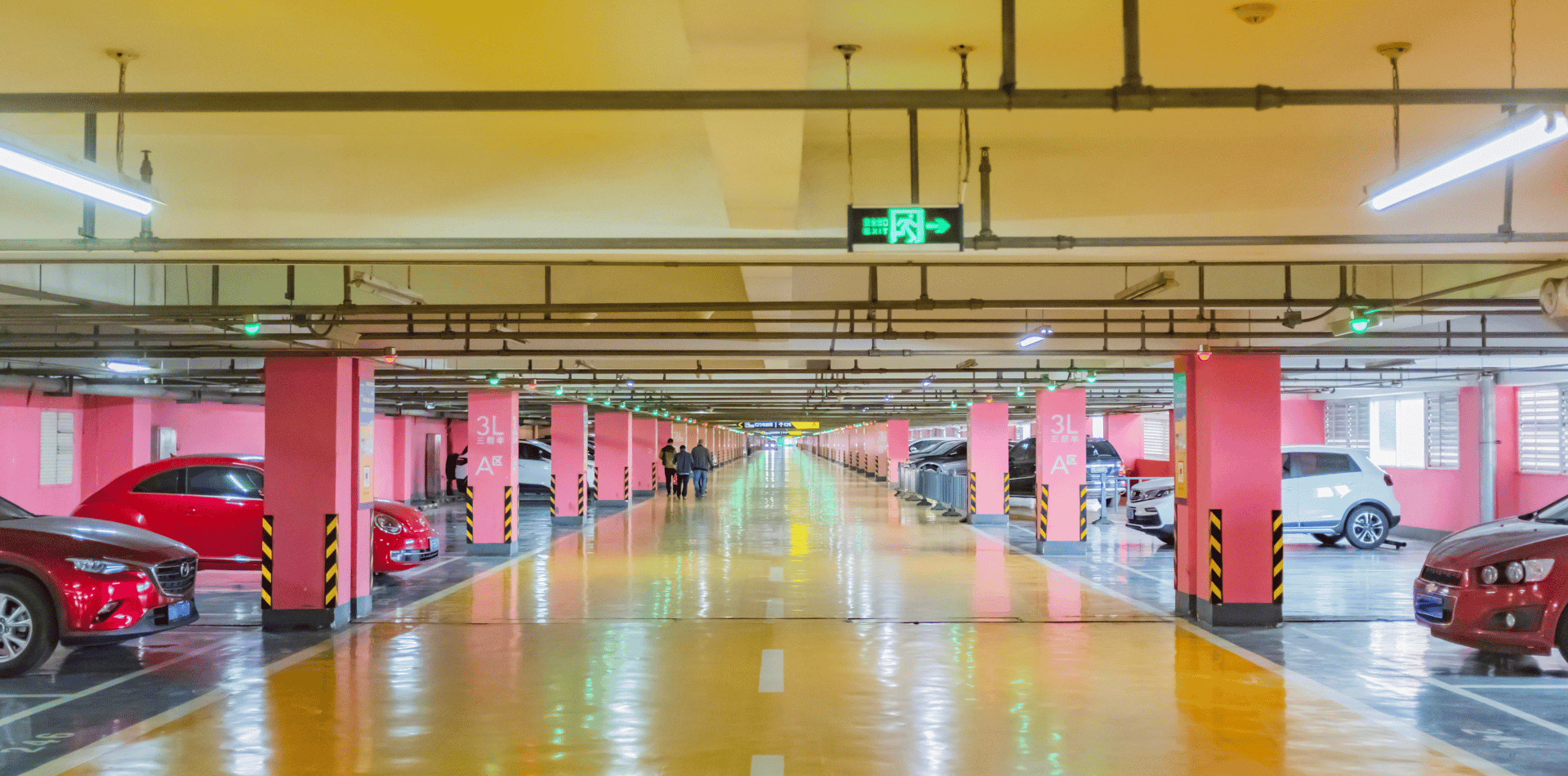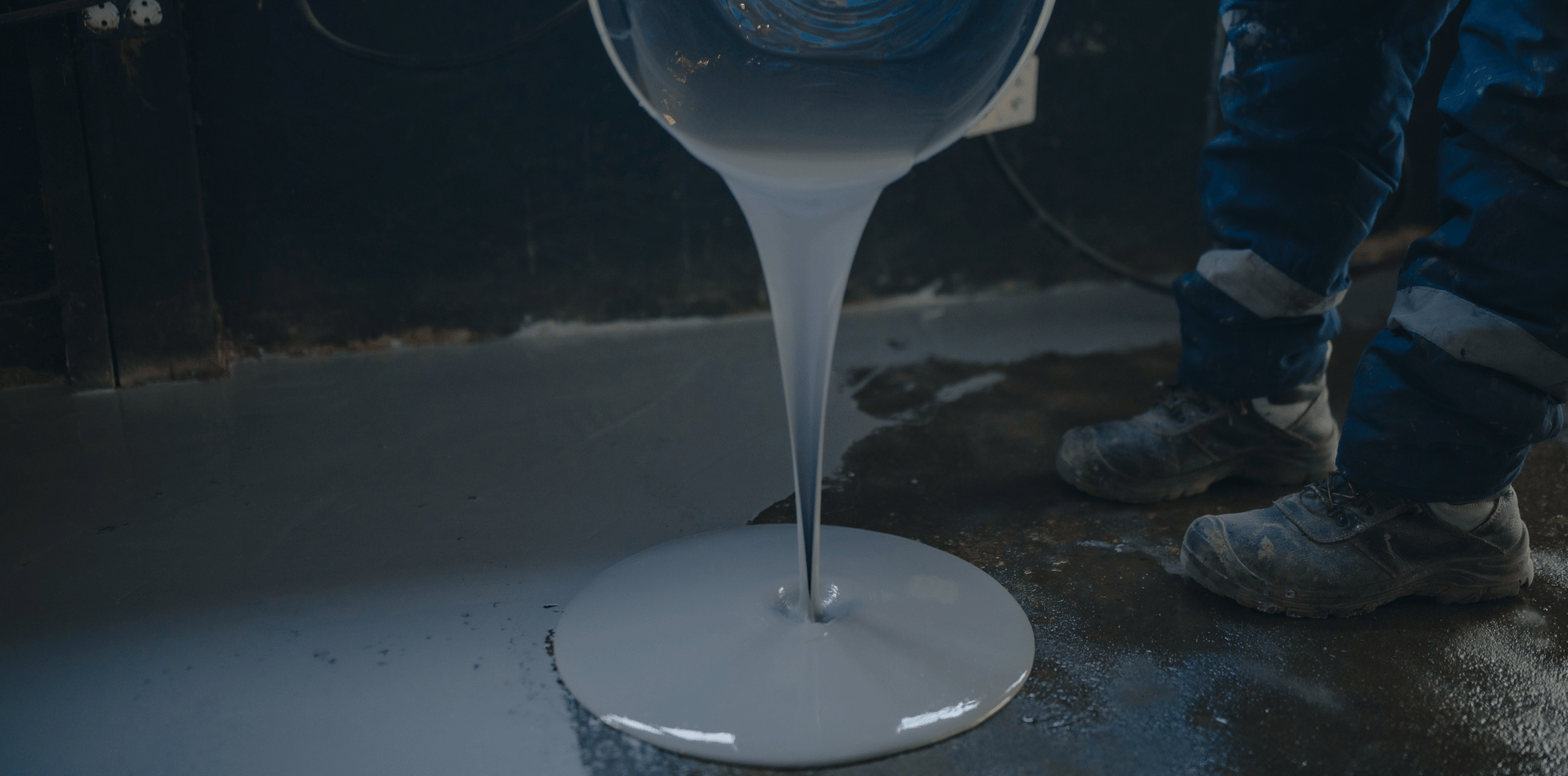Advantages and Disadvantages of Epoxy Flooring
Advantages and Disadvantages of Epoxy Flooring

When it comes to flooring options that offer a blend of durability and aesthetic appeal, epoxy flooring often tops the list; but is it right for you?
Like every decision that impacts your living or workspace, this one too requires thoughtful consideration.
By weighing the pros and cons—including aspects like cost, aesthetics, and functionality—you can make an informed decision.
This article aims to guide you through the advantages and disadvantages of epoxy flooring.
What is Epoxy Flooring?
Before diving into the pros and cons, it's crucial to understand exactly what epoxy flooring is and how it differs from other flooring types.
Epoxy flooring involves the application of a resin and a hardener, which chemically react to form a rigid, plastic-like surface.
There are various types of epoxy flooring—self-leveling, quartz-filled, anti-static, among others. Each type serves a specific need and is best suited for certain environments.
Commonly, you'll find epoxy flooring in garages, industrial settings, and commercial kitchens due to its durable and easy-to-clean surface.
Advantages of Epoxy Flooring
Durability
One of the main selling points for epoxy flooring is its remarkable durability.
Epoxy floors can withstand heavy loads, making them an excellent choice for industrial settings or garages.
Importantly, they are resistant to a variety of chemicals, so spills won't degrade the surface easily.
When compared to traditional concrete floors, epoxy floors can last much longer under similar conditions.
Low Maintenance
Epoxy floors require surprisingly little upkeep, making them convenient for busy homeowners and businesses alike.
You can usually get by with a simple dust mop and occasional wet mopping.
Additionally, their seamless surface makes it hard for dirt and bacteria to find hiding spots.
Over the long term, this low-maintenance nature could translate to significant cost savings.
Versatility in Design
Beyond functionality, epoxy flooring offers a palette of design options to suit various tastes.
You can choose from a wide array of colours, patterns, and even intricate designs. Some epoxy types allow you to incorporate multi-coloured flakes or metallic pigments, giving your floor a decorative flair that's hard to achieve with other flooring types.
Safety
The unique properties of epoxy make it a safe flooring option in many respects.
Its surface is naturally slip-resistant, offering extra safety in both home and commercial settings. Additionally, specific types of epoxy flooring offer fire and heat resistance, making them ideal for environments where these are a concern.

Cost-Effectiveness
When analysed over its lifespan, epoxy flooring can be a cost-effective choice.
The initial cost of installation can be higher than that of conventional flooring types like tile or hardwood. However, its longevity and low maintenance costs often make it a wise investment in the long run.
Disadvantages of Epoxy Flooring
Installation Complexities
Despite its many benefits, and in the interests of balance, epoxy flooring installation can be complicated and time-consuming.
It's often recommended to have professionals handle the installation to ensure the floor cures correctly and lasts long. Additionally, the curing process can take several days during which the floor cannot be used, causing potential disruptions to your schedule.
Sensitivity to UV Light
A less obvious downside to epoxy flooring is its sensitivity to UV light, which can cause discoloration over time.
This limitation makes epoxy less suitable for areas that receive a lot of direct sunlight, like patios or sunrooms. In those cases, you might have to consider UV-resistant coatings or alternative flooring options.

Hard and Unforgiving Surface
The very durability that makes epoxy floors appealing can also serve as a disadvantage.
The surface is hard and unforgiving, which might not be ideal for settings where comfort is a priority, like a child’s playroom. Additionally, the hard surface can make the space noisier, as sound tends to reverberate more on epoxy floors.
Limitations in Repairs
While durable, epoxy floors aren’t invincible, and repairing them can be a cumbersome process.
Small chips or cracks might be hard to patch seamlessly, especially if you have a customised colour or pattern. In worst-case scenarios, you might need to reapply epoxy to the entire floor to ensure uniformity.
Making The Right Flooring Choice: A Balanced View
Like any other flooring option, epoxy flooring comes with its own set of advantages and disadvantages that cater to specific needs and preferences.
It offers an enticing blend of durability, low maintenance, and aesthetic versatility. However, it also has its downsides like installation complexities and limitations in outdoor use.
By carefully evaluating your needs and the limitations of this flooring type, you can decide whether it’s a fit for you or not.
FAQs
What is the lifespan of epoxy flooring?
The lifespan of epoxy flooring can range from a few years in heavy industrial settings to decades in residential homes, depending on the quality of the installation and how well the floor is maintained.
Is epoxy flooring suitable for homes?
Yes, epoxy flooring can be suitable for homes, particularly in areas like garages, basements, or kitchens where durability and easy maintenance are desirable. However, its hard surface might not be ideal for living rooms or bedrooms.
Can you install epoxy flooring yourself?
While there are DIY kits available for epoxy flooring, it's often recommended to have it professionally installed to ensure durability and a high-quality finish.
By now, you should have a comprehensive understanding of epoxy flooring, including its pros and cons.
The final choice, of course, rests in your hands. Make it wisely!

Part of the
Kaptol Epoxy Flooring is the leader of epoxy floor installation and repair in the Newcastle, Lake Macquarie and Hunter Region.
Get Started Now
| Powered by Kaptol Media


